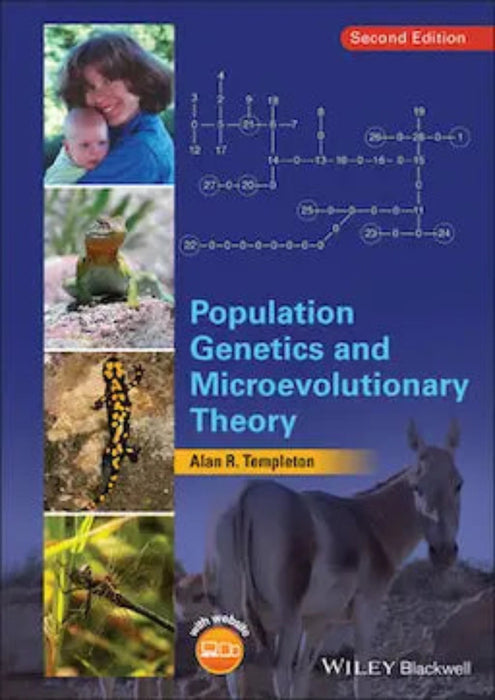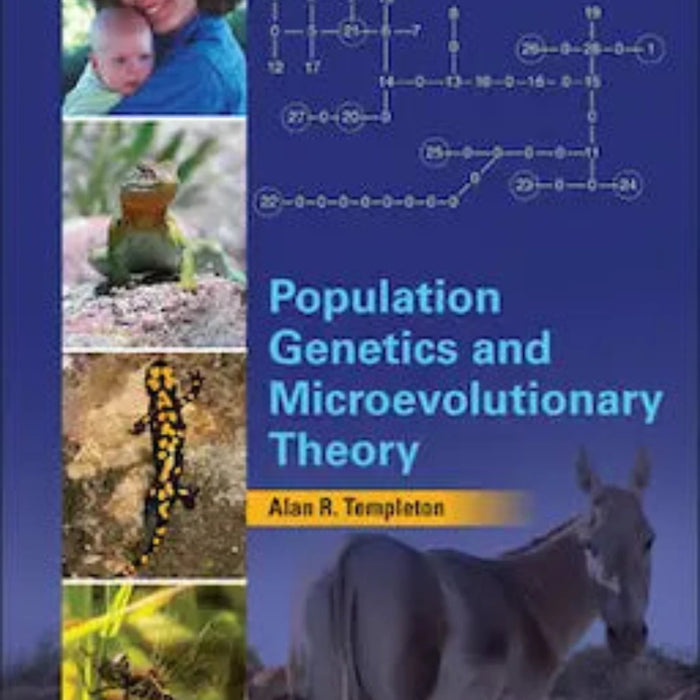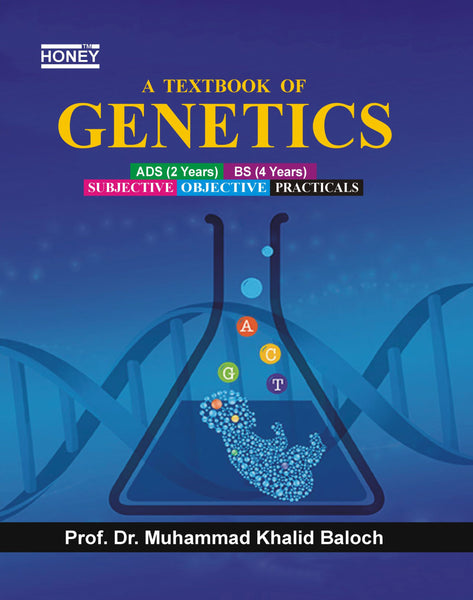Population Genetics and Microevolutionary Theory 2nd Edition by Alan Templeton (Author)
- Publisher: BIOLOGY
- Availability: In Stock
- SKU: 49329
- Number of Pages: 768
Rs.1,480.00
Rs.1,995.00
Tags: 2nd edition , adaptive evolution , Alan Templeton , allele frequency , best books , Best Price , Best Selling Books , Darwinian evolution , evolutionary adaptation , evolutionary processes , evolutionary theory in genetics , evolutionary traits , evolutionary trends , gene flow , gene-environment interactions , genetic drift , genetic equilibrium , genetic evolution , genetic inheritance , genetic models , genetic mutations , genetic structure , human evolution , microevolution , microevolutionary processes , molecular evolution , natural selection , ONLINE BOOKS , Online Bookshop , population biology , population divergence , population dynamics , population dynamics models , Population Genetics and Microevolutionary Theory , population studies
Population Genetics and Microevolutionary Theory (2nd Edition) by Alan Templeton is an essential text for understanding the principles and applications of population genetics and its role in microevolutionary processes. The book integrates classical genetics with modern evolutionary theory, providing an in-depth analysis of how genetic variation within populations contributes to evolutionary changes. Templeton discusses key concepts such as gene flow, genetic drift, selection, and mutation, and explores their impact on genetic structure in natural populations. Through clear explanations, the book covers both theoretical aspects and practical methodologies used in studying microevolution, including mathematical models, population sampling, and genetic analysis. The second edition updates the original work with new insights into genetic diversity, conservation biology, and evolutionary dynamics, making it an indispensable resource for advanced students, researchers, and professionals in evolutionary biology, genetics, and ecology.
Key Points:
-
Fundamentals of Population Genetics: The book explains the foundational concepts of population genetics, including allele frequencies, gene pools, and Hardy-Weinberg equilibrium.
-
Microevolutionary Processes: It provides a detailed exploration of microevolutionary forces such as natural selection, genetic drift, gene flow, and mutation, and their effects on population genetics.
-
Mathematical Models and Theory: Templeton introduces key mathematical models used to analyze population genetic structure and evolutionary dynamics, making complex concepts more accessible.
-
Genetic Diversity and Its Importance: The book emphasizes the importance of genetic diversity in populations and its role in adaptation, survival, and speciation.
-
Applications in Conservation Biology: It discusses the implications of population genetics for conservation biology, particularly in managing endangered species and preserving genetic diversity in populations.
-
Evolutionary Dynamics: Templeton delves into how genetic processes contribute to evolutionary change and the formation of new species over time.
-
Genetic Sampling and Techniques: The book covers modern genetic sampling methods and laboratory techniques used in studying population genetics, including DNA analysis and molecular markers.
-
Selection and Adaptation: The text explores how different modes of selection, such as directional, stabilizing, and disruptive selection, shape the genetic makeup of populations.
-
Speciation and Genetic Isolation: Templeton addresses the role of genetic isolation and reproductive barriers in speciation, offering insights into how new species arise from populations.
-
The Impact of Human Activity: The book discusses how human-induced factors like habitat fragmentation, climate change, and artificial selection impact genetic diversity and evolutionary processes.
Conclusion:
Population Genetics and Microevolutionary Theory (2nd Edition) by Alan Templeton is a comprehensive and authoritative text that provides an advanced understanding of the genetic mechanisms driving evolution at the population level. Through its in-depth coverage of theory, models, and applications, this book serves as an invaluable resource for students and professionals studying evolutionary biology, genetics, and conservation. Templeton’s work bridges theoretical knowledge with practical insights, making it an essential reference for understanding the genetic underpinnings of microevolutionary processes and their broader implications in biology.
════ ⋆★⋆ ═══
Writer ✤ Alan R. Templeton (Author)
























